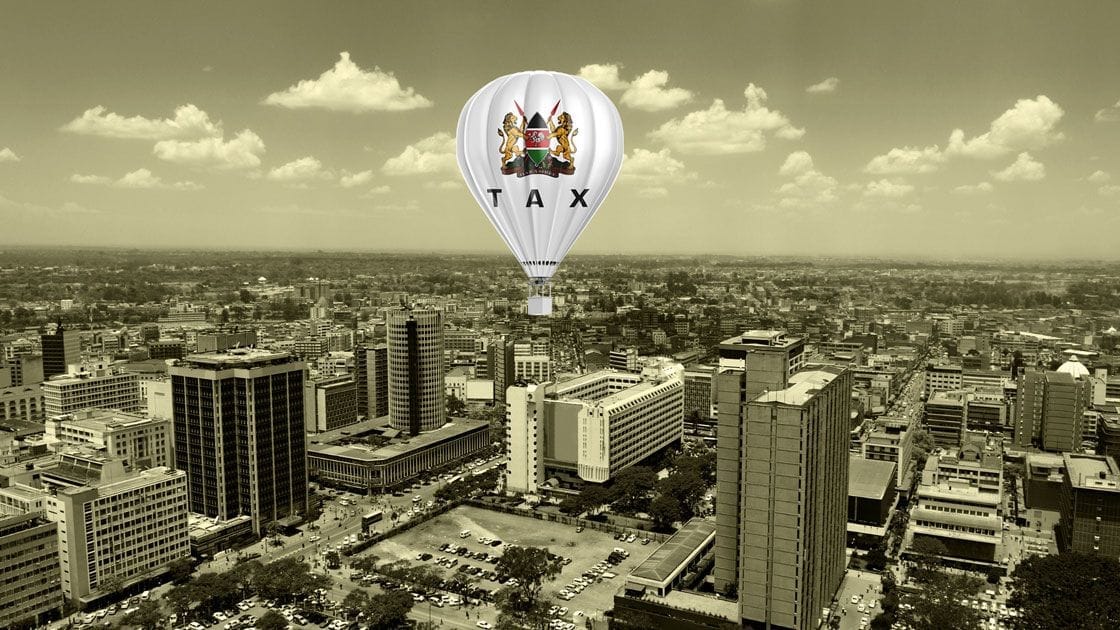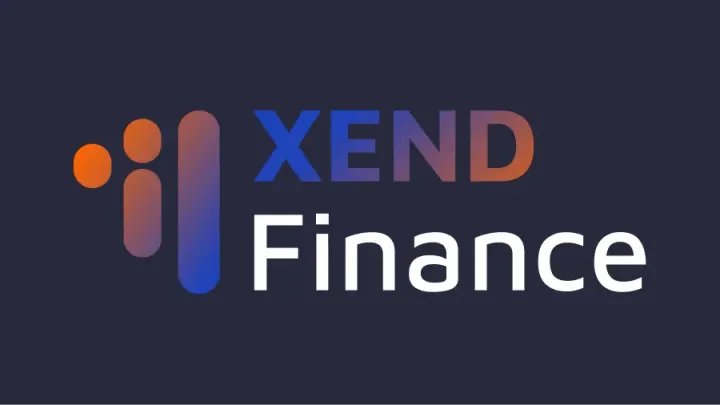Scoop: Kenyan crypto players mount lobbying push against asset tax
A coalition of VASPs is mobilizing to lobby against the proposed tax law, seeking support from global tax experts to bolster its efforts.

ℹ️
Editor’s note: An earlier version of this story stated that Kenyan crypto firms are launching legal action against the proposed Digital Asset Tax (DAT). However, we have since been informed that no such legal action is involved. Rather, the response is a lobbying effort led by industry stakeholders — some of whom are affiliated with the companies we previously mentioned. The story has been updated to reflect this clarification. We regret the error and any confusion it may have caused.
Kenya’s cryptocurrency companies, officially known as virtual asset service providers (VASPs), are uniting to lobby against the country’s proposed digital asset tax (DAT), according to industry sources.
To strengthen their case, the group plans to enlist the support of a global tax advisory firm.
Quick recap
- In 2023, Kenyan authorities announced a digital asset tax (DAT) set to take effect in September of the same year.
- This tax implies that a 3% deduction is to be made directly on income from the transfer or exchange of digital assets.
- It mandated exchanges in the country to deduct this tax without considering profit, loss, or whether an individual was merely transferring assets from one wallet or exchange to another.
The scoop
- According to a release seen by Mariblock, Kenyan virtual asset service providers (VASPs) believe that if implemented, the digital asset tax poses a threat to the survival of crypto businesses.
- The coalition is planning to enlist the services of a notable tax consultancy company to lend legislative weight to their demands.
- The body has also launched a fundraising campaign targeting VASPs throughout Kenya to support its lobbying activities. The coalition has secured a significant of its target.
- The coalition stressed that the lobbying campaign must start before next month’s tax submission deadline, or they might lose their window of opportunity before the 2025 Finance bill is passed into law.
Key quote
- A statement signed reads:
“The Finance Bill 2025 represents our final battleground before catastrophic taxation policies permanently damage Kenya’s digital asset ecosystem. This isn’t merely another regulatory challenge—the proposed 3% Digital Asset Tax threatens the very existence of our businesses and Kenya’s position as an African crypto hub.
“Time is rapidly running out. Beyond this critical window, our ability to influence this process will not only become exponentially more difficult but potentially impossible.”
Some background
- In June 2023, widespread protests in Kenya followed the announcement of the amended Finance Act, prompting President William Ruto to withdraw the bill.
- The government later revived the bill, setting a new implementation date of Sept. 1, 2023.
- One day before the new deadline, the Blockchain Association of Kenya (BAK) filed a lawsuit to halt the Digital Asset Tax (DAT), arguing it could hinder blockchain innovation.
- A Kenyan appellate court initially upheld a High Court ruling that found parts of the Finance Act to be unconstitutional. However, the Supreme Court later overturned both decisions, declaring the act constitutional.
- This paved the way for the Kenyan government to begin implementing the provisions of the act, including the DAT, which had been on hold since mid-2023.
IMF leanings?
- Kenya’s attempt to implement the Digital Asset Tax (DAT) and other tax hikes may be tied to its previous credit arrangement with the International Monetary Fund (IMF).
- The lender of last resort had required the country to increase its tax revenue to qualify for the next tranche of funding.
- However, Kenya failed to meet this requirement, as it was unable to fully implement the new tax measures from the amended Finance Act.
- As a result, the country did not pass the IMF’s review, which was crucial for securing an $850 million disbursement. Kenya then canceled its previous deal with the IMF in favor of a new arrangement.



